Ivoclar Speed CEM Plus Resin Cement
Self Adhesive Resin Cement
Starting at: ₹7290.00 (-71%)
| Ivoclar Speed CEM Plus Resin Cement - Shade #Transparent |
₹7290.00 |
-
+
|
In Stock |
Benefits

Brand warranty

Secure payments

upto 7 days returnable

Long expiry

EMI
Description
SpeedCEM Plus is a self-adhesive, selfcuring resin cement with optional lightcuring.
SpeedCEM Plus offers an ideal combination of performance and user-friendliness. Its formulation has been optimized to make it particularly suitable for use in conjunction with restorations made of zirconium oxide and metal-ceramics and for the cementation of restorations on implant abutments
INDICATIONS:
SpeedCEM Plus is suited for the permanent seating of crowns and bridges on natural teeth and on implant abutments that are made of the following restorative materials:
- Oxide ceramics such as zirconium oxide, e.g. Zenostar or IPS e.max ZirCAD
- Metal and metal-based restorations
- Lithium disilicate glass-ceramics, e.g. IPS e.max
1) Permanent cementation on natural teeth with adequate retentive features in conjunction with indirect restorations made of:
- Oxide ceramics, e.g. zirconium oxide (crowns, bridges, endodontic posts)
- Metal and metal-ceramics (inlays, onlays, crowns, bridges, endodontic posts)
- Lithium disilicate glass-ceramics (crowns, bridges)
- Fibre-reinforced composites (endodontic posts)
2) Permanent cementation of crowns and bridges on implant abutments that are made of the following materials:
- Oxide ceramic (e.g. zirconium oxide)
- Metal (e.g. titanium)
- Lithium disilicate glass-ceramic
ADVANTAGES:
Excellent self-curing:
Not every restoration can be completely and evenly cured with light. Strong self-curing capabilities offer an additional measure of reliability when seating opaque or nontranslucent restorations. SpeedCEM Plus produces high bond strength values on zirconium oxide, base metal alloys (e.g. titanium) and on dentin without light activation. This has been confirmed in internal and external studies
SpeedCEM Plus is suited for the permanent seating of crowns and bridges on natural teeth and on implant abutments that are made of the following restorative materials:
- Oxide ceramics such as zirconium oxide, e.g. IPS e.max ZirCAD
- Metal and metal-based restorations
- Lithium disilicate glass-ceramics, e.g. IPS e.max
User-friendly application
Easy clean-up
- Fast removal of excess is one of the distinguishing features of SpeedCEM Plus. Given the optional light-curing activation, excess material can be tack-cured and then removed in large pieces using a scaler
Radiopacity
- With its especially high radiopacity, the resin cement is easy to distinguish from the dentin and enamel. This facilitates the differentiation between residual cement excess and secondary caries on future patient X-rays.
Tolerant processing
- SpeedCEM Plus permits flexible use in different situations. It produces a reliable bond on moist and dry dentin – both when used in the selfcuring mode and when used in the light-curing mode
Easy cementation of endodontic posts
- SpeedCEM Plus allows for a simplified procedure that eliminates the need to apply dental adhesive in the root canal. Therefore, the resin cement is ideal for the self-adhesive cementation of endodontic posts made from metal, zirconium oxide or fibre-reinforced composite such as FRC Postec® Plus.
Specification
Additional information
| Weight | 0.1 kg |
|---|
Packaging
Packaging
Features
Features
- Excellent self-cure performance ideal for zirconia and metal-ceramics
- User-friendly handling
- Easy clean-up
- High Radiopacity
- Tolerant processing
- Efficient process with just one component
Directions to use
Directions to use
-
- Step 1.
Perforate OptraDam Plus
- Step 2.
Grasp OptraDam Plus from the back with your left hand.
- Step 3.
Reach through the outer ring with your right hand.
- Step 4.
Grasp the inner ring, but do not pull it out completely. Compress the inner ring so that wings form on both sides.
- Step 5.
Place OptraDam Plus in the right corner of the mouth.
- Step 6.
Place OptraDam Plus in the left corner of the mouth.
- Step 7.
Position the dam in the lower vestibular region.
- Step 8.
Position the dam in the upper vestibular region
- Step 9.
Having the patient close his/her mouth aids placement of the dam.




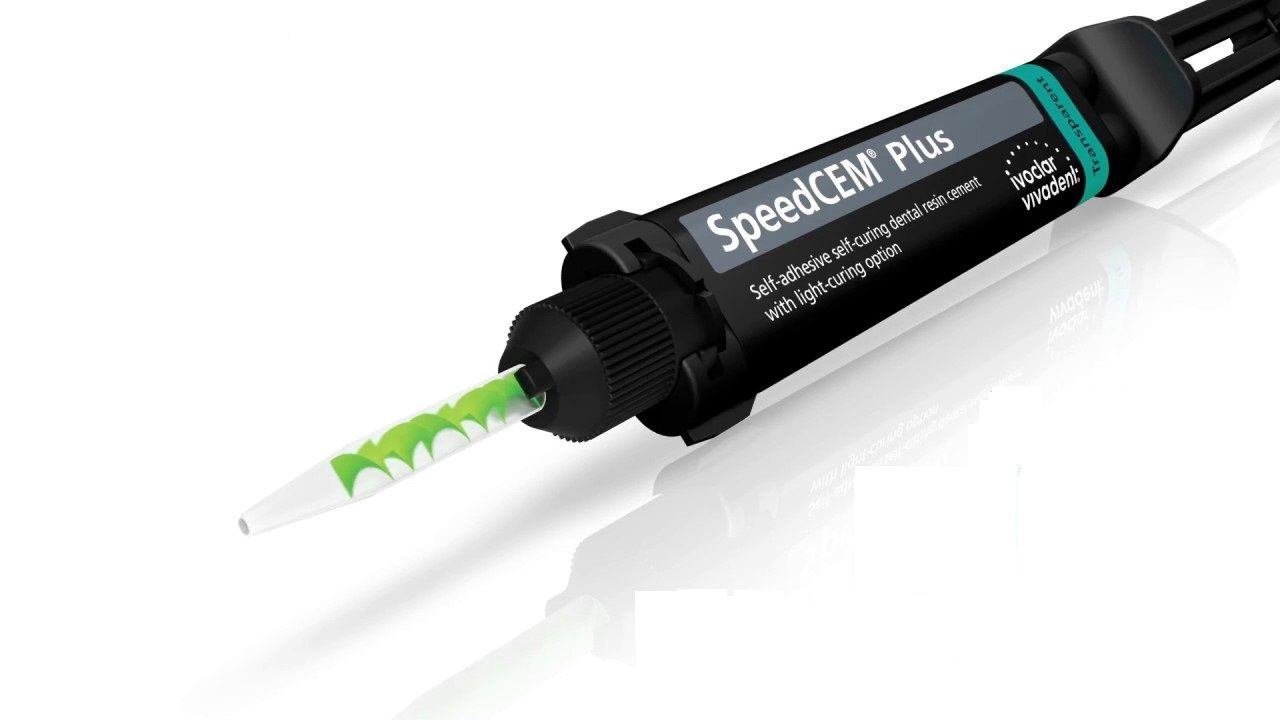










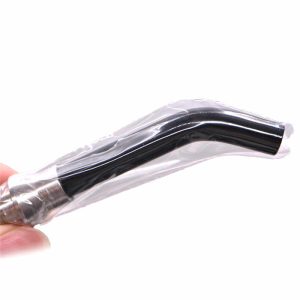
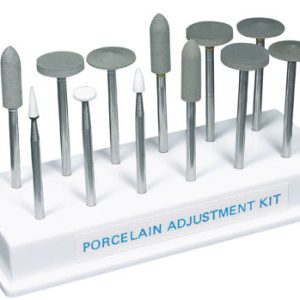
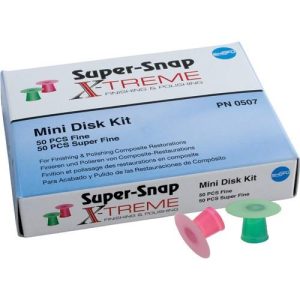
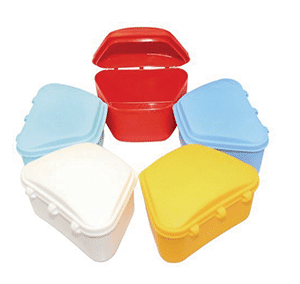
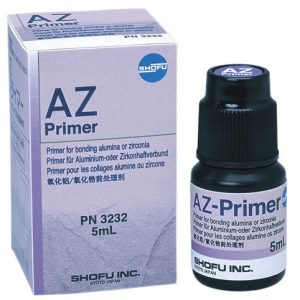
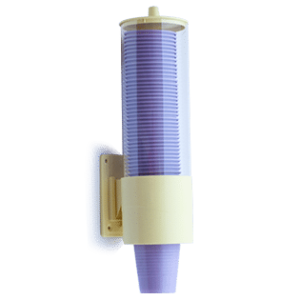
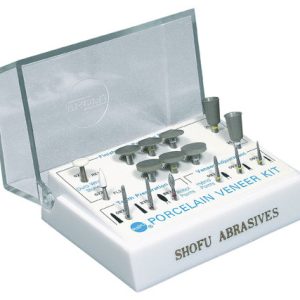
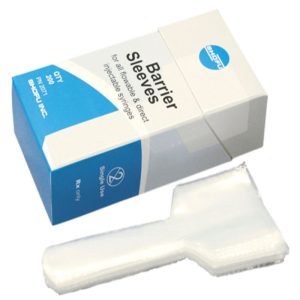
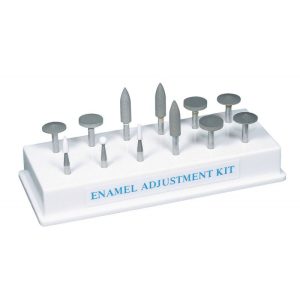

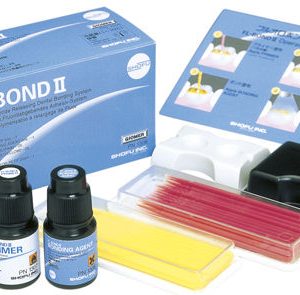
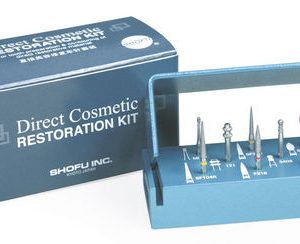
Reviews
There are no reviews yet.